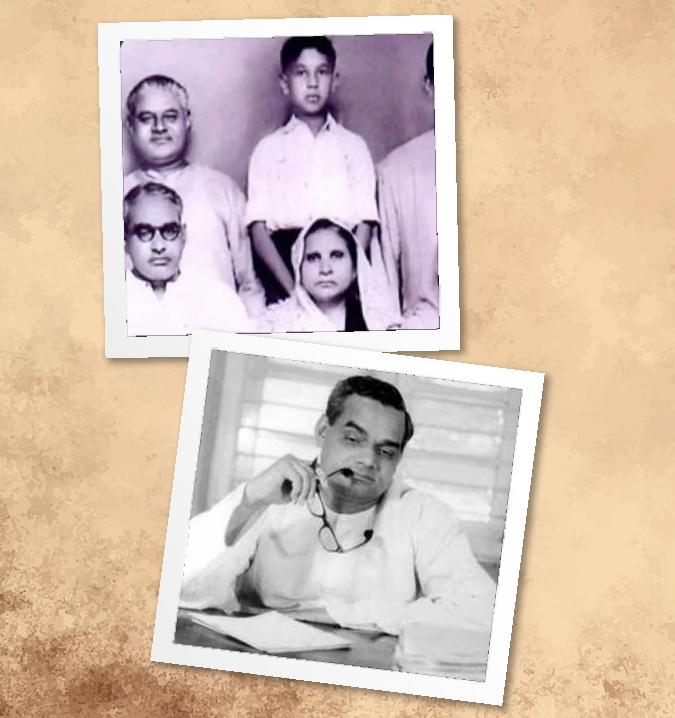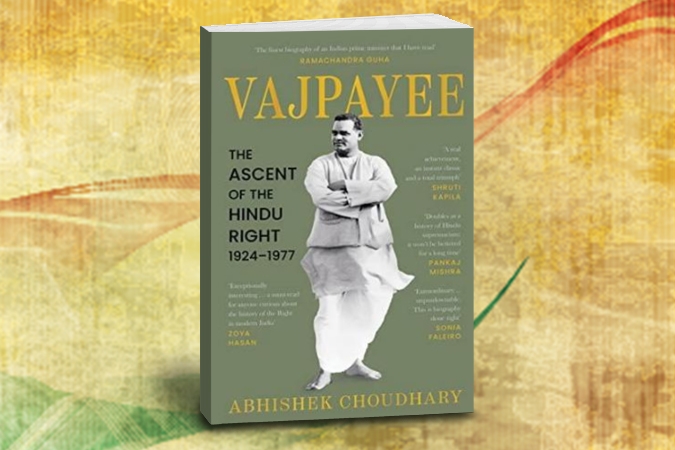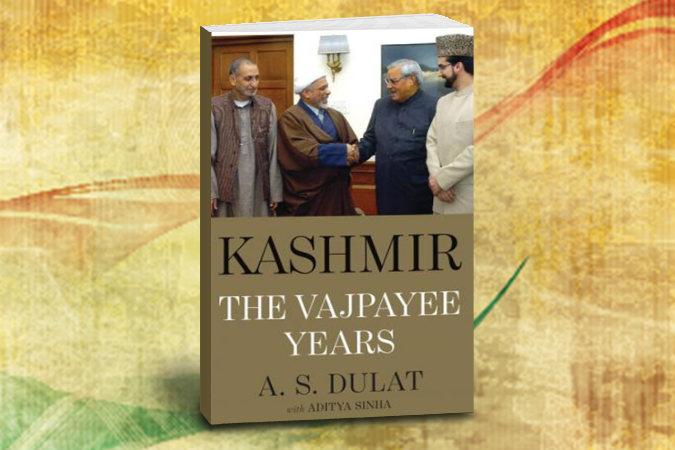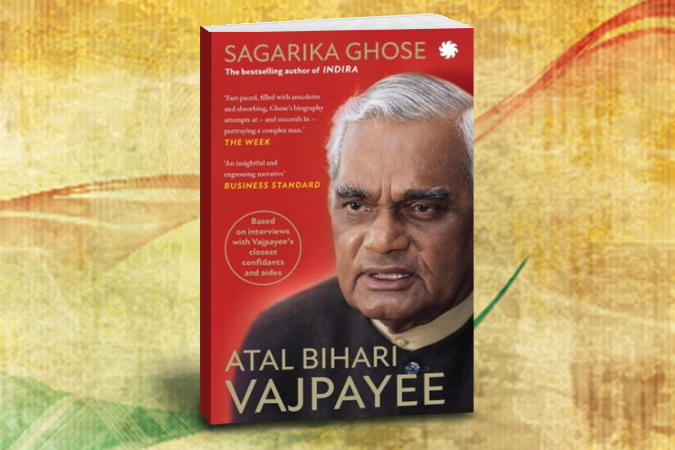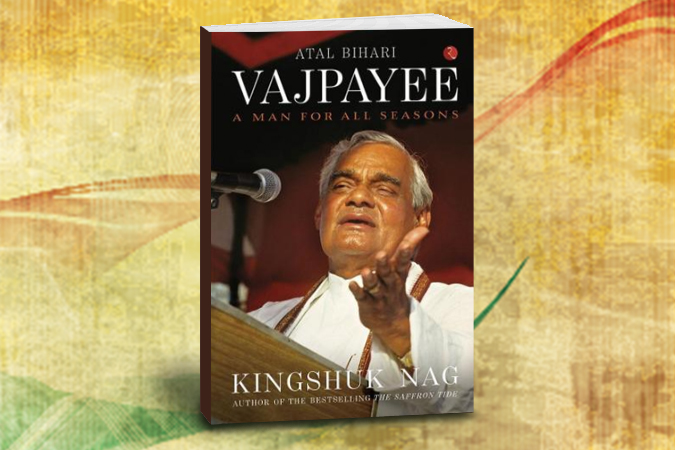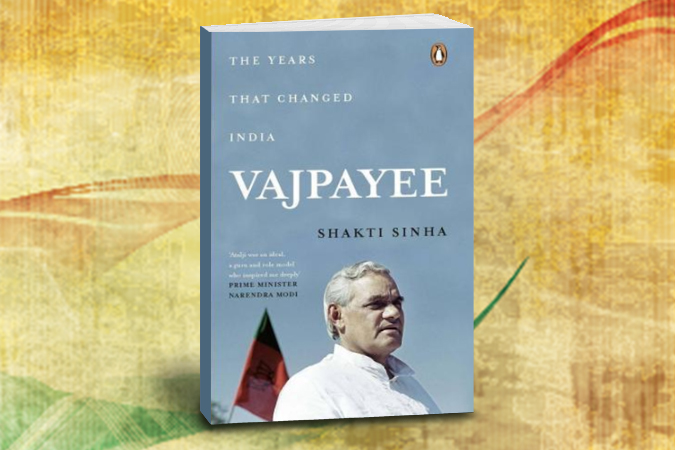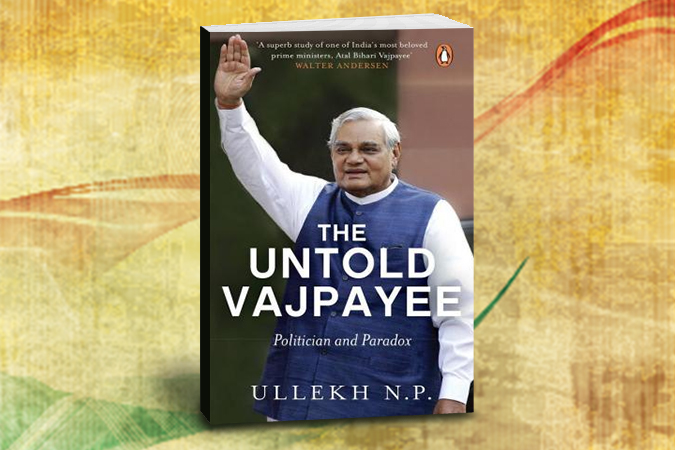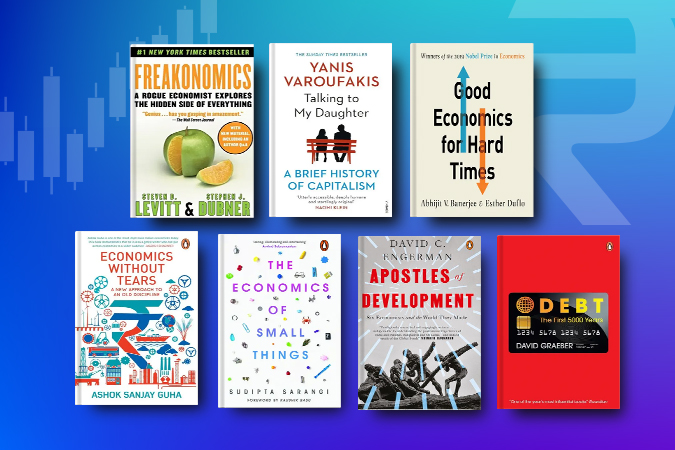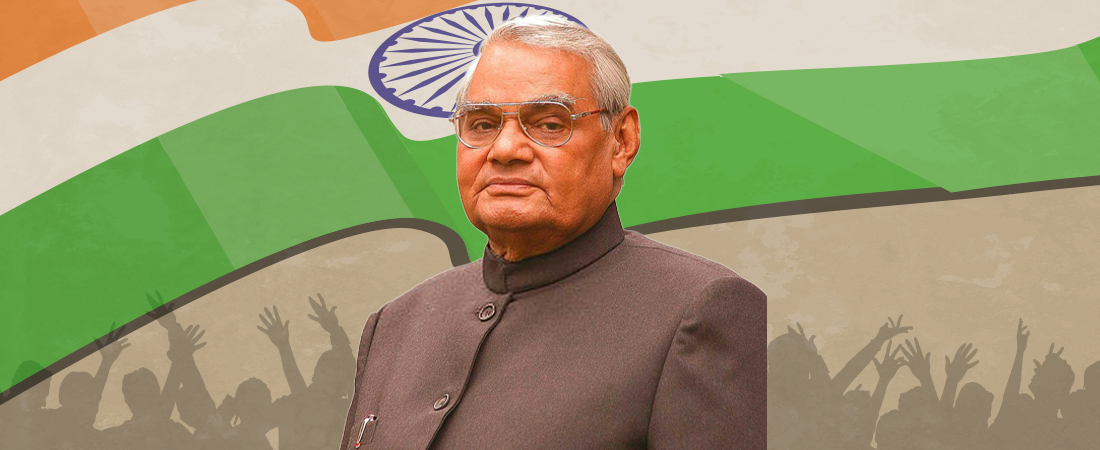
Who is Atal Bihari Vajpayee? Here’s Everything You Need to Know!
Atal Bihari Vajpayee, a name that resonates deeply in Indian politics and literature, remains an inspirational figure to millions. A revered politician, visionary leader, and gifted poet, Vajpayee was the 10th Prime Minister of India and a cornerstone of the Bharatiya Janata Party’s (BJP) rise to prominence.
Whether you are a fan of biographies, interested in Indian political history, or someone who admires Vajpayee the politician or poet, this article will give you everything you need to know about his journey – his early life, political milestones, achievements, and poetic brilliance.
Early life
Atal Bihari Vajpayee was born on December 25, 1924 in Gwalior, Madhya Pradesh, into a middle-class Brahmin family. His passion for literature and public speaking emerged early, making him a skilled orator and poet even as a student. Vajpayee pursued his education in political science and law before joining the Rashtriya Swayamsevak Sangh (RSS) as a young activist.
Political Career
Vajpayee’s political career began in the 1950s with the Bharatiya Jana Sangh (BJS), a precursor to the BJP. His eloquence and wit earned him recognition as a leader who could bridge ideological divides. Vajpayee served as the External Affairs Minister in the 1977 Janata Party government, marking his foray into national politics.
He became India’s Prime Minister three times:
- First term: May 1996 (brief tenure of 13 days)
- Second term: March 1998 to October 1999
- Third term: October 1999 to May 2004
During his leadership, Vajpayee steered India through economic reforms, nuclear tests (Pokhran-II), and significant infrastructural projects like the Golden Quadrilateral Highway, the ambitious highway network that connects Delhi, Mumbai, Chennai, and Kolkata.
His statesmanship and ability to manage coalitions earned him respect across political parties.
Achievements
- Conducted India’s second nuclear tests in 1998 (Pokhran-II)
- Initiated peace efforts with Pakistan, including the historic Lahore Bus Yatra
- Launched major infrastructural projects like the Golden Quadrilateral highway network
- Strengthened India’s economic policies and diplomatic relations globally
Legacy
Atal Bihari Vajpayee passed away on August 16, 2018. His death marked the end of an era in Indian politics. Vajpayee’s contributions to Indian democracy, diplomacy, and development continue to inspire generations.
| Atal Bihari Vajpayee Biography Snapshot | |
|---|---|
| Full Name | Atal Bihari Vajpayee |
| Date of Birth | December 25, 1924 |
| Birthplace | Gwalior, Madhya Pradesh |
| Political Affiliation | Bharatiya Jana Sangh, Bharatiya Janata Party (BJP) |
| Prime Minister Terms | May 1996 March 1998 – October 1999 October 1999 – May 2004 |
| Major Achievements | Pokhran-II Nuclear Tests Golden Quadrilateral Highway Lahore Bus Yatra |
| Death | August 16, 2018 |
| Known For | Visionary Leadership, Poetry, Oratory |
Atal Bihari Vajpayee was as much a poet as he was a politician. He was a celebrated poet whose works reflected his thoughts on life, society, and nationalism, with a unique philosophical outlook. His poem “Maut Se Than Gayi” captures his defiance and resilience in the face of mortality, while others like “Kadam Milakar Chalna Hoga” inspire unity and collective progress. His ability to articulate profound ideas with simplicity made his poetry timeless and relatable.
Atal Bihari Vajpayee’s birth anniversary, December 25, is celebrated as Good Governance Day in India. Instituted in 2014, this day honours his leadership and vision for transparent and accountable governance. The celebration aims to inspire leaders to focus on good governance, citizen welfare, and national progress.
Atal Bihari Vajpayee’s leadership style was unique. He combined his ideological commitment with pragmatism, earning him admiration from allies and opponents alike. His ability to connect with the masses, articulate vision, and advocate for peace made him a leader who transcended political boundaries. Known for his sharp wit and engaging speeches, Vajpayee embodied humility and charisma.
If you want to explore Vajpayee’s life further, here are some must-read books that delve into his political career, personal journey, and poetic brilliance.
By Abhishek Choudhary
This critically acclaimed book revisits Vajpayee’s early life and political rise. It challenges myths and explores his pivotal role in shaping the Hindu Right’s ideologies. A detailed, unputdownable biography, it captures Vajpayee’s complexities and contradictions while giving readers a fresh look at post-independence politics.
By A.S. Dulat and Aditya Sinha
This gripping memoir offers insights into Vajpayee’s attempts to solve the Kashmir conflict during his prime ministerial years. Written by a former intelligence officer, it paints a vivid picture of politics and diplomacy in one of India’s most troubled regions. The book unravels behind-the-scenes negotiations and key events during those years.
Sagarika Ghose’s biography brings to life Vajpayee’s evolution from a young activist to a statesman. It highlights his personal struggles, his charm as a coalition builder, and his enduring influence on Indian politics. This is an engaging account of a leader who bridged ideologies and shaped modern India.
By Kingshuk Nag
This definitive account chronicles Vajpayee’s political milestones and his ability to unify diverse opinions. Nag sheds light on Vajpayee’s personal and political journeys, offering a balanced portrayal of his legacy. It provides an intimate look at his contributions as a statesman and leader during critical moments in India’s history.
By Shakti Sinha
Written by Vajpayee’s close associate, this book provides an insider’s perspective on key decisions during his tenure. It focuses on his strategic and economic initiatives that transformed India. Readers gain a firsthand understanding of Vajpayee’s leadership style, vision, and decisive role in shaping modern India.
By Ullekh N.P.
This book explores lesser-known facets of Vajpayee’s life, including his relationship with the RSS, his ideological shifts, and his role as a poet-politician. Thoroughly researched, it presents a nuanced view of his political journey. The book also highlights his personal contradictions and the paradoxes that defined his life and leadership.

